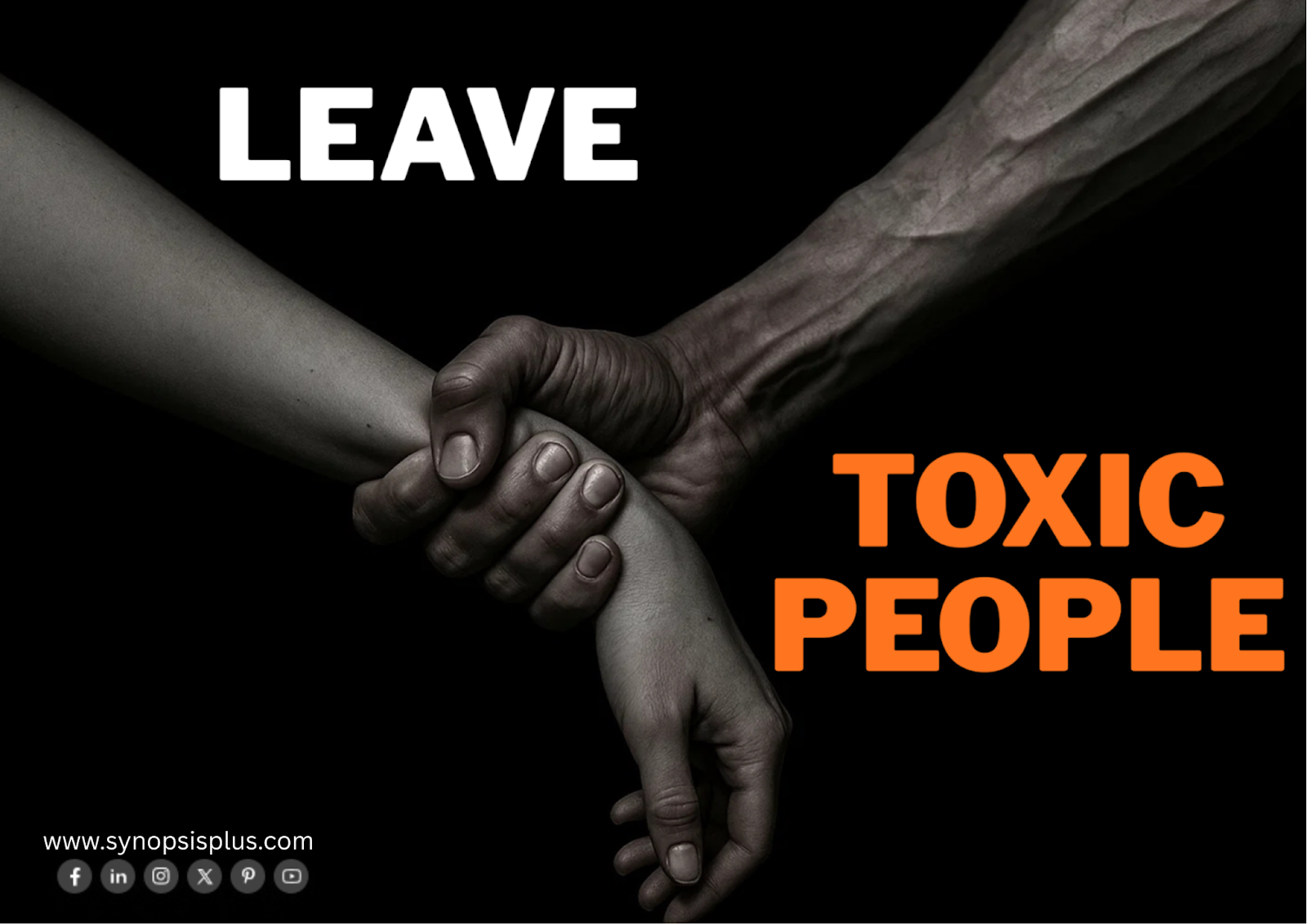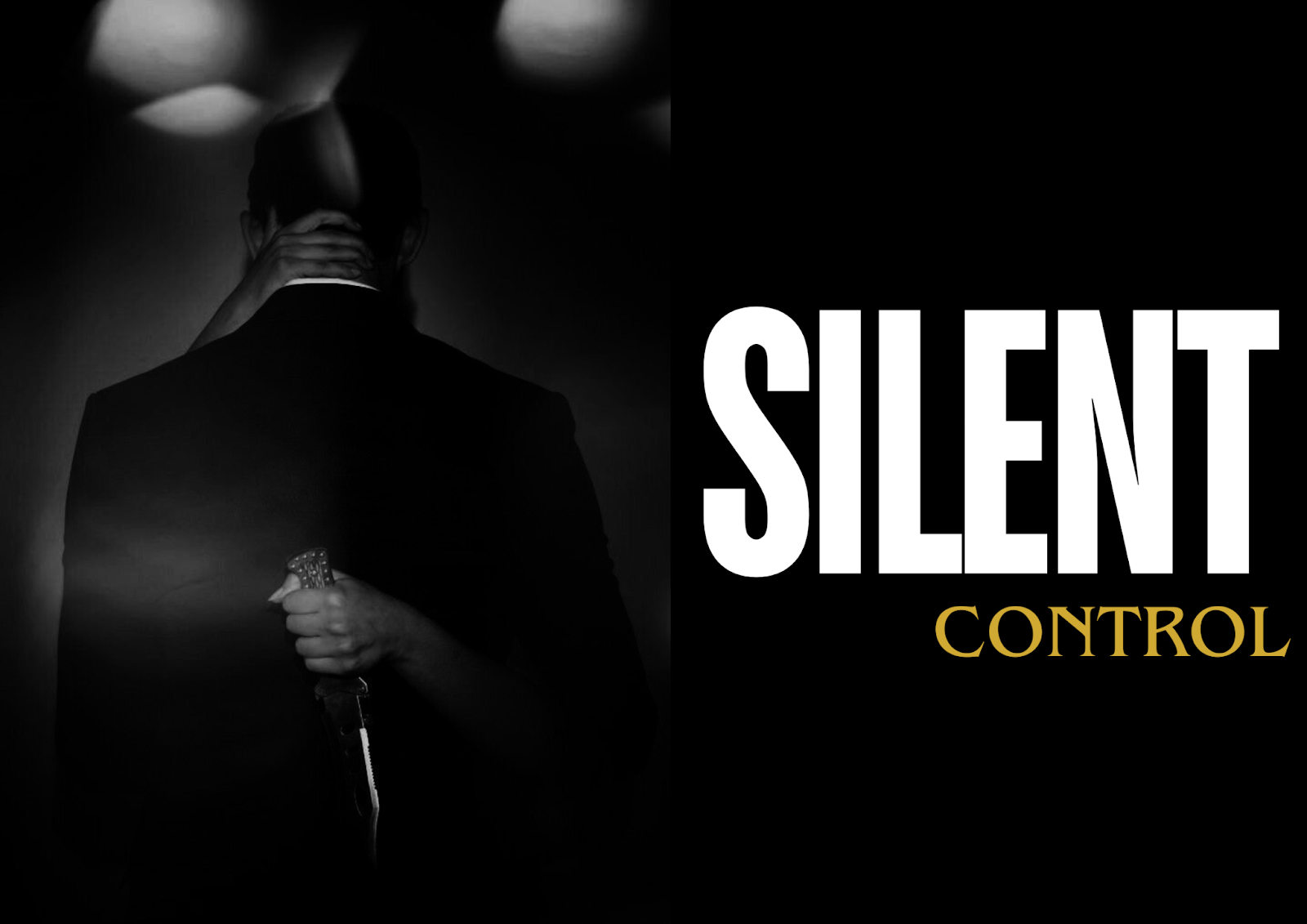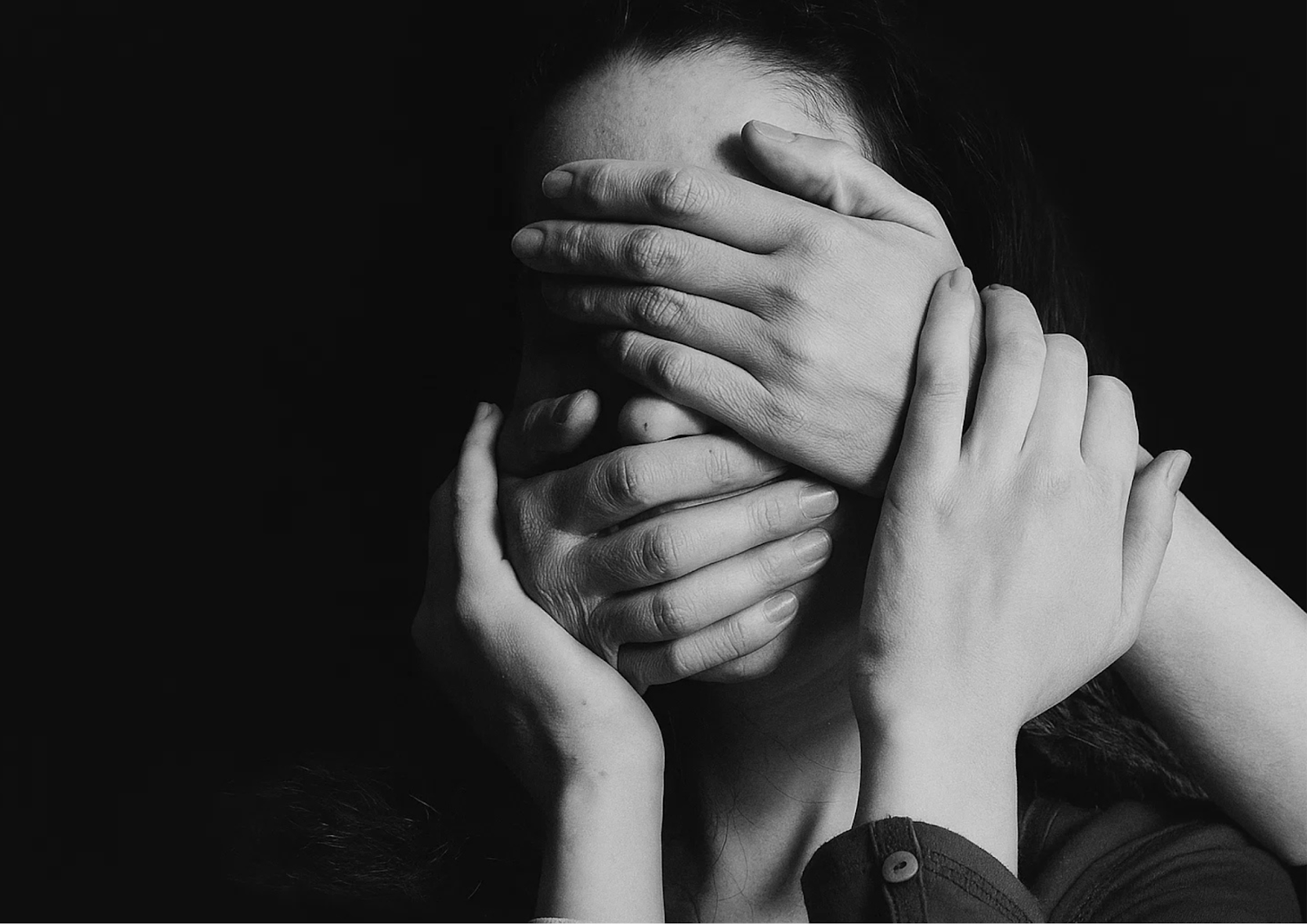
Breaking Free from Toxic Relationships: How to Recognize Manipulation, Attention-Seeking, and Mind Games
I believed that when people smiled at me and shook my hand, it meant they were genuine. I thought their kindness was real. That belief cost me a lot. I had business partners who made promises to me, but later broke them behind my back. Instead of being honest, they made excuses, blamed me, and told lies to turn others against me. I’ve also known people who pretended to be friends. But every talk, every favor, even every laugh was just for their own benefit. When I found out their lies, they didn’t accept it; they got angry. They changed my words, used my trust against me, and made me look like the bad person in stories that weren’t even true.
What hurt me most wasn’t only what they did it was how quickly others believed them. I realized that manipulators don’t just trick one person; they can trick many. The sad part is, you often don’t notice their trap until it’s too late. The reality is, toxic people wear masks. At first, they may look like friends, partners, or even helpers. But deep down, they use tricks, lies, and games not to connect with you, but to control you. The first step to freedom is learning to see these patterns.
The Hidden Language of Manipulation
A manipulator is a person who tries to control others in tricky or unfair ways. They don’t say things honestly. Manipulation isn’t always easy to see. Toxic people are good at hiding control as care. Using you while calling it ‘help,’ and turning betrayal into a simple ‘misunderstanding. Instead of being open and honest, they:
- Hide their true intentions.
- Play with people’s feelings to get what they want.
- Make others feel guilty, confused, or weak.
- Twist situations so they look innocent while you look wrong.
Some common tricks they use are:
- Gaslighting: When someone makes you doubt your own memory or feelings. Like saying: “That never happened,” “You’re too sensitive,” or “You’re imagining things.
- Love-bombing: Giving you too much love, promises, or gifts at first. Then, taking it away so you keep trying to win them back.
- Blame-shifting: Making every problem your fault and never accepting blame themselves.
- Triangulation: Involving other people like saying ‘Everyone agrees with me’ or spreading gossip to make you doubt yourself.
- Silent control: Holding back love, answers, or help until you act the way they want.

Attention-Seeking: Drama as a Habit
Toxic attention-seekers are never happy with normal care or recognition. They always want the spotlight, and calm moments feel empty to them. To feed their ego, they might:
- Always turn the talk back to themselves.
- Make problems sound bigger to get sympathy.
- Act like the victim even when they’re the one causing harm.
- Create drama just to feel important.
- Show off kindness in public but secretly use it to control others.
This constant need for attention drains the people around them. Instead of a real bond, the relationship feels like a show where you’re only there to support them. Over time, you may feel guilty for wanting space, angry for not being heard, or just tired of always being their audience.
The Hidden Poison of Mind Games
Mind games are one of the most confusing and harmful parts of toxic relationships. These tricks are used to break your confidence so the other person can stay in control.
Some common mind games are:
- Hot and Cold: One day they’re loving, the next they’re distant. So, you keep chasing their approval.
- Confusion Tactics: They give mixed signals, say one thing but do another, or make unfair rules.
- Testing Boundaries: They keep pushing limits to see how much control they can get.
- Silent Treatment: They ignore you to punish you, until you beg for their attention.
How to Identify Toxic Behaviors Early

Awareness is your protection. To stay safe, learn these signs early:
- Words vs. Actions: Pay attention to whether they actually do what they say. Anyone can make promises, but consistent actions show the truth.
- Gut Feeling: Notice how your body and heart feel after being around them. If you feel uneasy, confused, or drained, your gut is telling you something important. Your gut is usually right.
- Conflict: Healthy people talk about problems and try to solve them. Toxic people start fights, blame others, or punish instead of fixing things
- Boundaries: Respect shows in how people handle your limits. Do they accept your ‘no,’ or keep pushing until you give in
- Impact on You: Notice how you feel after being with them. Do you feel happy and safe, or tired and guilty?
The more you notice these patterns, the easier it becomes to protect yourself and step away from toxic control.
The Impact of Toxic Relationships
Toxic relationships aren’t always loud or obvious. Sometimes, they quietly drain your energy, little by little, until you hardly recognize yourself. Their effect goes beyond emotions it can touch every part of your life. It also affects you emotionally and has a great impact on your well-being.
1. Emotional Damage
Being in a toxic relationship feels like being on a constant emotional rollercoaster. One moment you’re praised, the next you’re criticized or ignored. This creates:
- Self-doubt and confusion about your feelings.
- Anxiety and walking on eggshells.
- Guilt and self-blame.
Over time, your confidence and self-esteem suffer, and you may stop trusting yourself.
2. Mental Health Effects
Toxic relationships can hurt your mind. Manipulation and gaslighting make you doubt yourself. Over time, this can lead to:
- Anxiety and depression.
- Overthinking and being hard on yourself.
- Trouble trusting even kind people.
You might start thinking this trouble is normal and forget what a healthy relationship feels like.
3. Physical Effects
Stress from toxic relationships affects your body, too:
- Constant fatigue and burnout.
- Trouble sleeping.
- Headaches, stomach problems, or chronic illnesses.
Even if you think you can handle it, your body feels the strain.
4. Social and Work Life
Toxic people can affect more than just your emotions. They may:
- Harm your friendships or family relationships.
- Damage your reputation at work.
- Causes lost opportunities by spreading lies.
The toxic person can make others take their side, so you end up isolated or without help from people you normally trust.
5. Losing Yourself
The hardest part of a toxic relationship is losing who you really are. To keep the peace or make the other person happy, you might stop speaking up, set smaller boundaries, and give up your own happiness.
One day, you may look in the mirror and hardly recognize yourself.
The truth: Toxic relationships don’t just hurt they slowly take away your true self. The first step to healing is realizing this. So you can find your peace, regain your strength, and become the person you were always meant to be.
Strategies to Break Free from Toxic Relationships
Leaving toxic relationships is hard. It takes bravery, clear thinking, and caring for yourself. Here’s how to take back your life:
1. Recognize the Behavior
The first step is to notice what’s happening. When you can spot manipulation, gaslighting, or attention-seeking, it doesn’t control you anymore. Naming it helps you understand the situation instead of feeling confused or doubting yourself.
2. Set Clear Boundaries
Boundaries are not punishments. They show you respect yourself. Tell others clearly about your boundaries, what is okay, and what isn’t. Toxic people may try to push your limits, so keeping your boundaries is important to stay safe and strong.
3. Protect Your Energy
Spend less time with people who drain your energy. Take care of yourself with things like exercise, hobbies, meditation, or just relaxing. Your energy is important; don’t waste it on those who bring you down.
4. Step Away When Needed
Sometimes the best choice is to step away completely. Leaving isn’t weakness it’s protecting yourself. Letting go of toxic people gives you space for peace, growth, and friends who support and lift you up.
5. Ask for Support
You don’t have to deal with toxic people alone. Friends, mentors, or therapists can give advice and support. Seeing things from the outside helps you understand the situation and make better choices.
Build Positive Relationships
After leaving toxic people, it’s important to have healthy relationships. Look for people who:
- Celebrate your successes.
- Respect your boundaries.
- Talk openly and honestly.
- Support you without hidden reasons.
- Make you feel safe to be yourself.
Good relationships are places where your energy grows, your voice matters, and you can be your true self.
Conclusion
Toxic people cause confusion and doubt. When you understand what’s happening, you take back your power. Leaving a toxic relationship isn’t just ending it. It also stops harmful habits from continuing. It helps you speak up, trust yourself, and be with people who truly care about you.
Your peace and happiness are very important. You don’t have to give them to anyone who hurts you. Keep your limits, value yourself, and don’t be afraid to walk away. When you let go of toxic people, you don’t just lose them; you find yourself again.
Save your energy, protect your heart, and let your inner light shine.